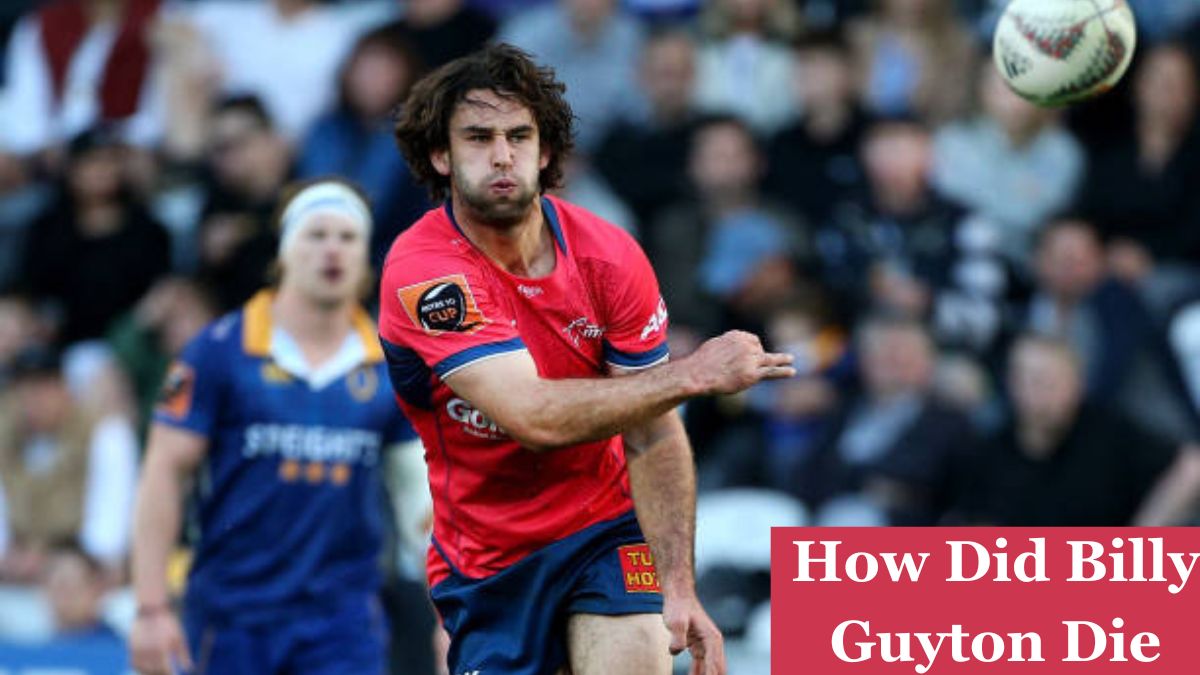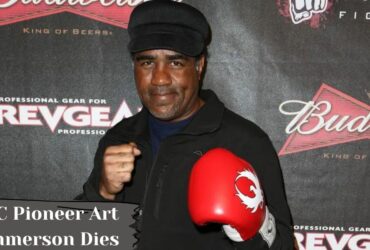The circumstances surrounding the untimely death of Billy Guyton have left many questioning the events that led to his demise. As the world grapples with the loss of this individual, speculation and curiosity abound regarding the reasons behind his tragic end.
In this article, we delve into the mystery surrounding Billy Guyton’s death, seeking to shed light on the factors that contributed to his untimely demise and understanding the impact of his passing on those who knew him.
How Did Billy Guyton Die?
Billy Guyton, a star in Super Rugby, died of chronic traumatic encephalopathy (CTE). He was the first professional rugby union player to be diagnosed with this disease.
The scrum-half played for the New Zealand Maori team, the Hurricanes, the Blues, and the Crusaders. He died suddenly in May of last year, aged 33. He retired in 2018 at the age of just 28 after having repeated signs of a concussion.
Billy Guyton died in 2023, aged 33, of chronic traumatic encephalopathy (CTE).
Guyton was a professional rugby union player in New Zealand.
The only known cause of CTE is traumatic brain injury. Guyton suffered from multiple concussions and retied because of the symptoms. pic.twitter.com/ZfYh9sZrbh
— RugbyJOE (@RugbyJOE_UK) March 14, 2024
Super Rugby has also offered tribute to him on Twitter. “It is with great sadness to hear of the passing of Billy Guyton,” they wrote. “Billy was a much-loved member of the Blues from 2016-17, as well as playing for the Crusaders and Hurricanes. Our condolences and Aroha are extended to Billy’s whanau, friends, and colleagues during this sad time.”

After Guyton died, his brain was given to the University of Auckland’s brain bank. After a lot of tests, it was found that he had stage two CTE. The disease gets worse over time and is linked to repeated blows to the head. It can lead to sadness, mood swings, memory loss, and dementia.
At the moment, CTE can only be diagnosed for sure after a person has died. However, scientists are working on a way to identify the problem in people who are still alive. A lot of former professional rugby players, like Wales internationals Alix Popham, Andrew Coombs, and Ryan Jones, have been identified with probable CTE. Hundreds of these players are suing World Rugby, the RFU, and the WRU.
After Guyton’s diagnosis was confirmed, Prof. Maurice Curtis, co-director of the Auckland Brain Bank, told Radio New Zealand, “The diagnosis of a young person with CTE is significant because it shows how early in life the brain has been affected by head knocks.”
John Guyton, the late star’s father, told the same radio station that he hoped his son’s diagnosis and sad death would “blow a lot of bull***” out of the water. He said, “I figured out Billy had CTE a few days after he died.”
After the diagnosis, New Zealand Rugby also put out a statement saying that Guyton’s death had been “felt deeply” and that the link between repeated blows to the head and CTE was “concerning.”
The statement said, “We share the family’s concern at his diagnosis. Any time the rugby community loses a member, especially someone as young and talented as Billy, it is felt deeply. NZR is concerned about the possibility that repeated head impacts during participation in rugby may contribute to neurodegenerative diseases in later life.”
Below are our latest articles examining the factors contributing to the passing of different individuals:
- Khalid Batarfi Cause Of Death: How Did Al-Qaida’s Leader, Who Had $5 Million Bounty Die?
- How Did Aaliyah Die? Exploring the Circumstances of Her Tragic Passing
You can read the latest information about well-known people and find out more about their lives on our website, Thecurrent-online.com.




